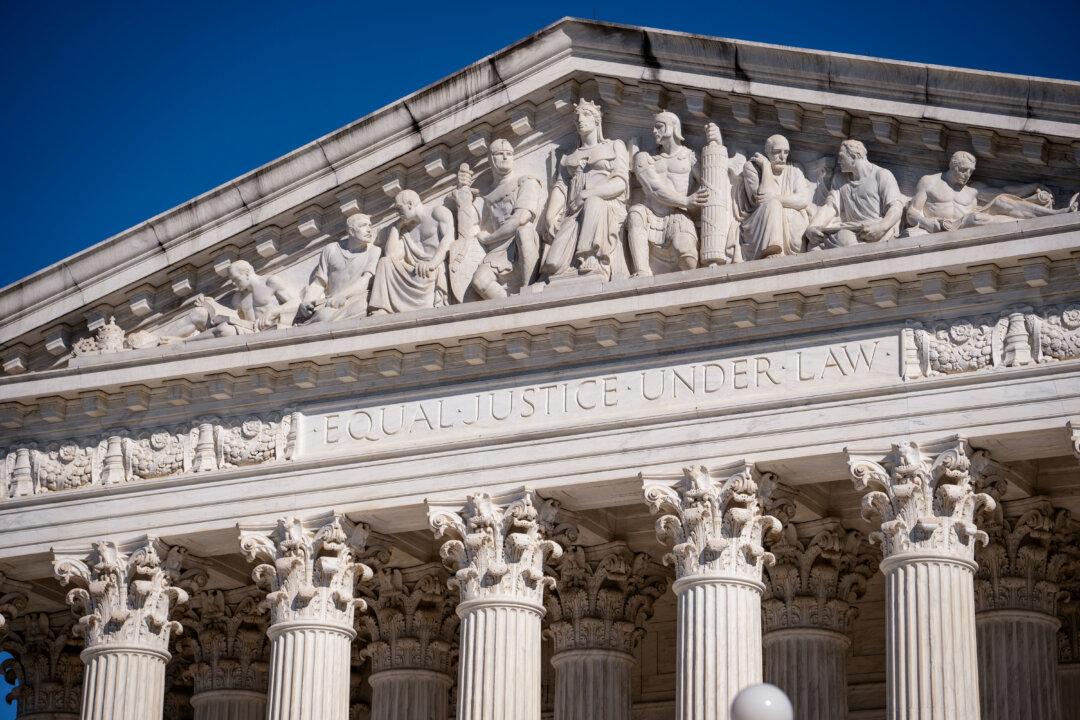The U.S. Supreme Court declined on Nov. 18 to take up an appeal from a South Carolina agency arising out of a multistate antitrust lawsuit against Google.
The 17 states suing Google claim that the company’s online display ad business is an illegal monopoly that runs afoul of federal and state antitrust laws. Google denies that it violated antitrust laws and said many government agencies have complied with its requests for information.





